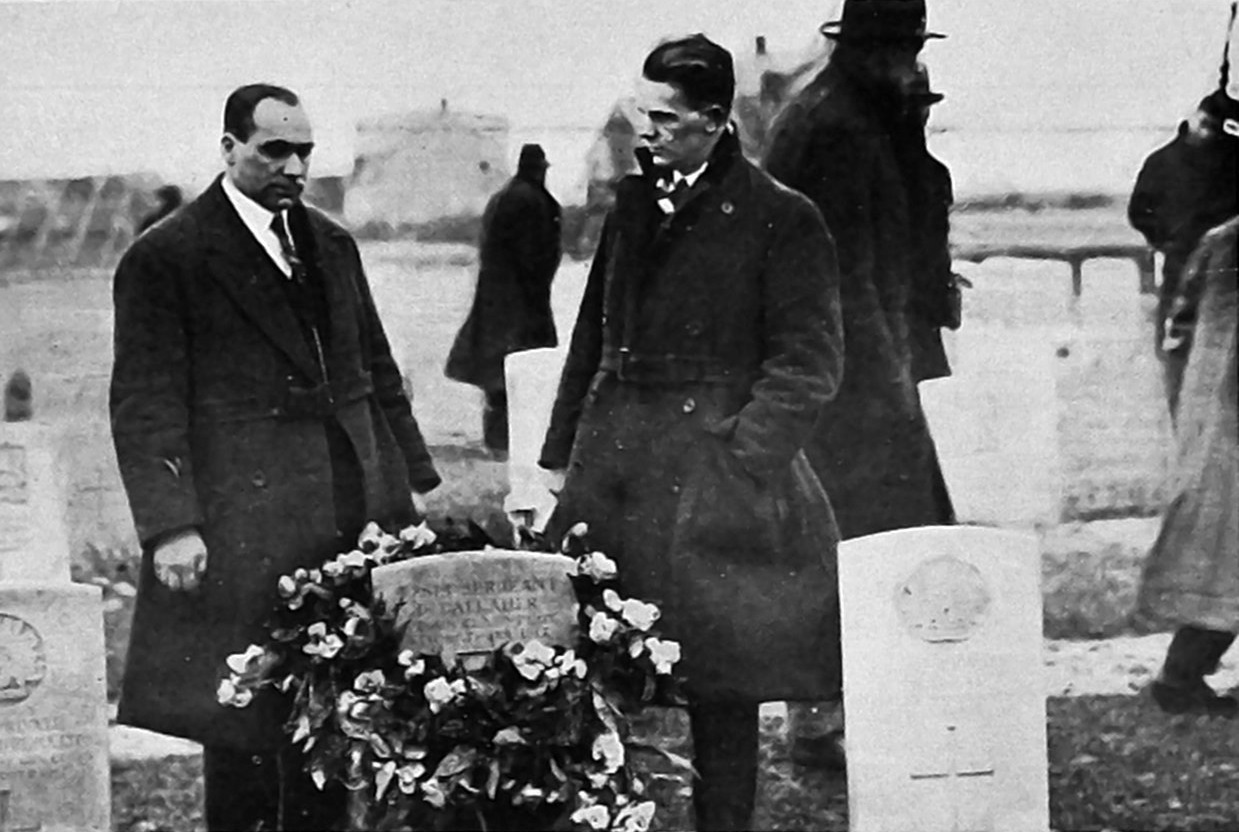

Expo directors mention the war
The vexed question of trade with Germany on which opinion is likely to remain sharply divided for years to come, led to a somewhat keen debate among the directors of the Exhibition Company last evening. The Chairman, Mr J. Sutherland Ross, reported that an application for space had been received from Hamburg. He proposed to reply on the lines of the reply made to similar applications in the past, that all applications from foreign countries were being received through their consuls, and that as there was no German consul in New Zealand the directors regretted they could not accept the private application. Mr H.L. Tapley: "Is it our intention, to discourage German exhibits?" The Chairman (firmly): "It has been my firm conviction all along that it was our duty to do so." Mr Tapley: "What about Wembley? Mr C.P. Hainsworth, general manager of the Exhibition, said there had been a lot of comment in the press and elsewhere at Home on the fact that some of the souvenirs there bore the imprint “Made in Germany.” Mr Tapley expressed doubt whether they were justified in taking up this attitude of opposition to German exhibits. The Chairman said Germany was in the position of a fraudulent bankrupt, and ought not to be allowed to come into competition with those who were seeking to carry on their business honestly. Mr C. Todd: "We are trading with Germany. I am selling them hides and wool. If we are trading on one side how are we to stop them trading on the other side?" Mr Tapley: "Exactly. You must be consistent." The Chairman: "You are probably getting paid with stolen money!" Mr Todd said Britain was dealing with Germany and deploring the fact that she could not get more trade with her. Mr Tapley suggested to the chairman that he would not refuse to sell his wool to a German. Mr C. Speight: "It is bound to come in time. When the New Zealand Government recognises the position it is time enough for us to."
Mr H.F. Sincock: "The New Zealand Government does recognise the position. There is no embargo against trading with Germany — nothing to stop it." Mr C. Speight said the Government did not know where it was at the present time. Mr P. Barr said he understood the chairman was in favour of discouraging exhibits from Germany, but did not propose to prohibit them. The Chairman: "If we are going to have these things put up with notices ‘Made in Hamburg’ there will be such a storm of protest from one end of the country to the other that it will ‘crab’ the Exhibition. That is my firm conviction." Mr Speight said he thought it had been distinctly understood that they would not admit exhibits from any of the countries with which we had been at war.
How to breathe
With the exception of professional singers and elocutionists, who are taught to breathe correctly, hardly one woman in a thousand is a deep breather. And deep breathing is essential to beauty and youth as well as to health. The shallow breather never obtains enough oxygen to give her a clear complexion or bright eyes. The first step towards deep breathing is to acquire the habit of walking correctly. — ODT, 9.1.1925
Compiled by Peter Dowden












